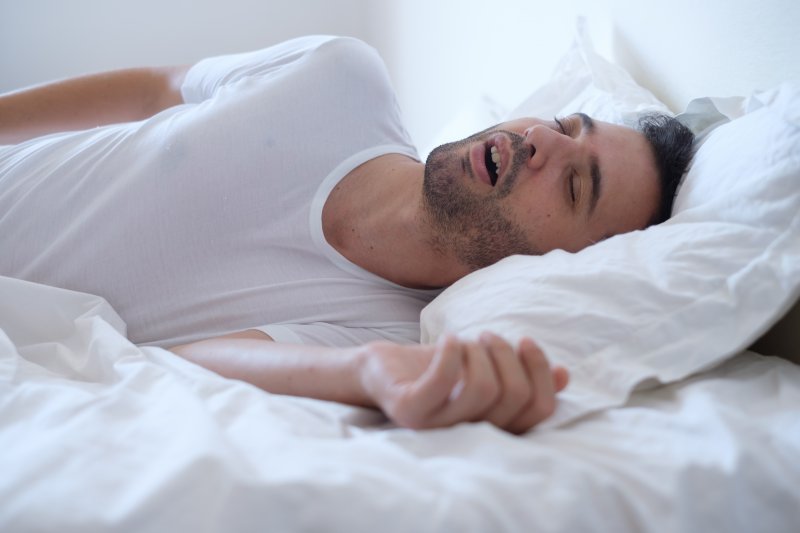
Sleep apnea can take your breath away and not in a good sort of way. The condition causes a patient to stop and start breathing many times in a single night, resulting in poorer sleep, high blood pressure, and other health concerns. Some studies of sleep apnea patients found an association between warm temperatures and restless nights. Here’s what you need to know about higher temperatures with sleep apnea and what you can do to create a better sleeping environment.
How Can Heat Aggravate Sleep Apnea?
Sleep apnea results from tissues within the mouth and throat obstructing the airway as the body relaxes during sleep, leading to loud snoring and repeated interruptions of breathing. Hotter temperatures put the airway under greater stress because the heart and lungs must work harder to hold a normal temperature.
Studies suggest that around 65 degrees is the ideal room temperature for sleep. This is because the body naturally lowers its temperature during sleep. It is easier to cool off in a colder room, but warmer temperatures can make cooling off difficult. Since sleep apnea patients already have a hard time staying asleep, the effects of a warmer sleeping space can aggravate the situation.
How Can I Make a Cooler Sleeping Space?
Here are a few easy ways to make a cooler sleeping space:
- Using the air conditioner if it is available.
- Using blackout curtains on the windows to keep outside light from getting into the room, keeping it darker and cooler.
- Swapping out a heavy comforter for light sheets can make it easier for a resting body to diffuse heat.
- Positioning the bed by a fan, open window, or air conditioning vent can allow airflow that can help cool the body.
Though hotter weather and sleep apnea can make getting a good night’s rest more difficult, they do not make it unattainable. Your body needs its rest to operate its best during the day, and taking care of your sleeping environment can set you up for a pleasant tomorrow.
About the Author
Dr. Dean Hutto graduated from the University of Texas Dental School in Houston in 1992. He currently serves as a member of the American Academy of Dental Sleep Medicine, the Southwestern Society of Oral Medicine, and the Academy of General Dentistry. His practice specializes in treating sleep apnea with proven, FDA-approved alternatives to traditional CPAP treatment. For more information on setting up your sleeping space for better slumber while living with sleep apnea, contact his office online or dial (281) 422-8249.
